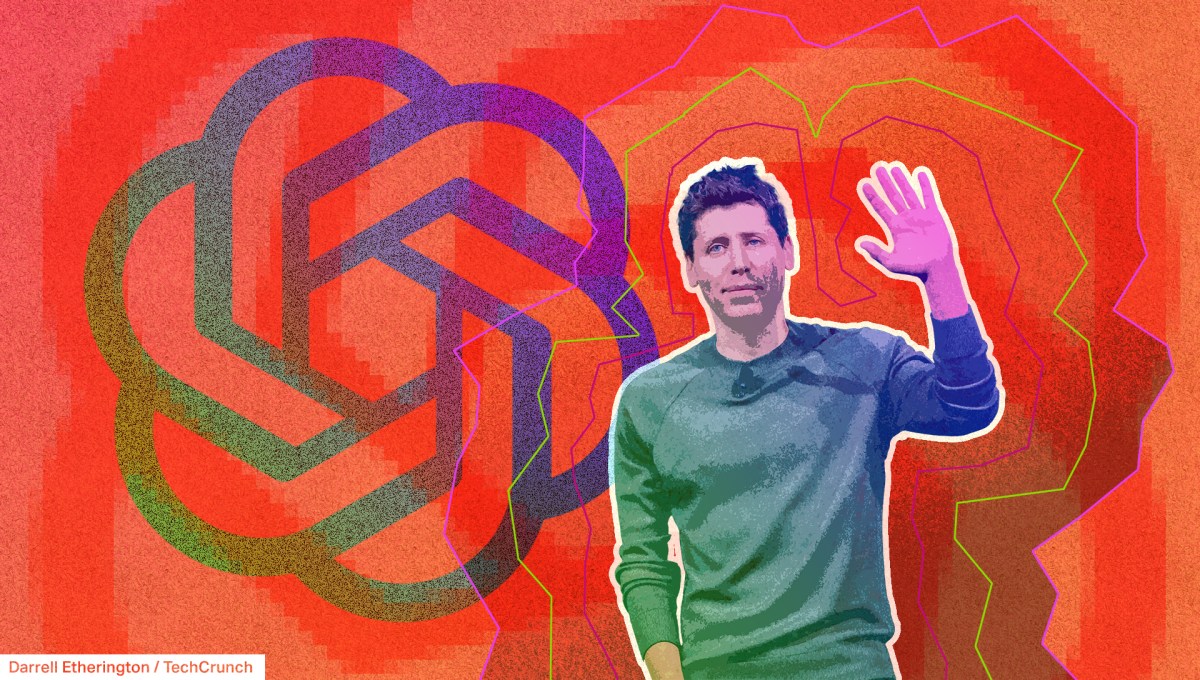The Troubling Truth Behind OpenAI‘s Whistleblower Allegations
Silencing Dissent: A Look at OpenAI’s Controversial Agreements
Table of Contents
A recent letter sent to the Securities and Exchange Commission (SEC) by anonymous whistleblowers has shed light on a concerning practice within OpenAI. The letter, obtained by The Washington Post, alleges that OpenAI is implementing unlawful restrictions on how its employees can communicate with regulatory bodies. This raises serious questions about transparency and accountability within the rapidly evolving field of artificial intelligence.
The whistleblowers claim that OpenAI’s severance, non-disparagement, and non-disclosure agreements (NDAs) actively discourage employees from speaking to the SEC about potential securities violations. These agreements reportedly require employees to waive their rights to whistleblower incentives and compensation, effectively silencing any concerns they might have.
The Stakes are High: Protecting Whistleblowers in the AI Landscape
Senator Chuck Grassley (R-Iowa) has confirmed receiving a copy of the letter from the whistleblowers. He expressed deep concern about OpenAI’s practices, stating that ”monitoring and mitigating the threats posed by AI is part of Congress’s constitutional accountability to protect our national security.” Grassley emphasized the crucial role whistleblowers play in this process, arguing that OpenAI’s policies create a “chilling effect” on their ability to speak up.
The senator called for immediate action, stating that “if the federal government is going to stay ‘one step ahead of artificial intelligence, OpenAI’s nondisclosure agreements should change.'” This highlights the urgent need for legislative measures to protect whistleblowers in the AI sector and ensure transparency within these powerful organizations.
OpenAI’s Response: A Question of Credibility
While OpenAI has not directly addressed TheTrendyType’s request for comment, a spokesperson told The Post that the company’s whistleblower policy “protects staff’ rights to make protected disclosures.” However, this statement rings hollow in light of the whistleblowers’ allegations and Senator Grassley’s concerns.
OpenAI has faced criticism before regarding its employee exit agreements. Earlier this year, reports surfaced that these agreements could potentially strip former employees of their vested equity if they refused to sign or violated their NDAs. CEO Sam Altman subsequently apologized for the situation, claiming the company had “never clawed anything back” and was ”already in the process of fixing the standard exit paperwork.” This history raises further questions about OpenAI’s commitment to ethical practices and employee well-being.
The Need for Transparency and Accountability
The allegations against OpenAI underscore the critical need for transparency and accountability within the AI industry. As these powerful technologies continue to shape our world, it is essential that organizations like OpenAI operate with integrity and respect the rights of their employees.
Congress must take swift action to strengthen whistleblower protections in the AI sector and ensure that companies are held accountable for any unethical or illegal practices. The public deserves to know that the development and deployment of AI technologies are guided by ethical principles and a commitment to the common good.


